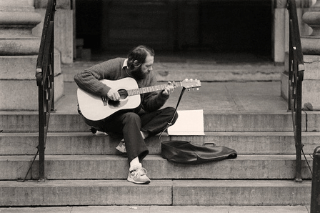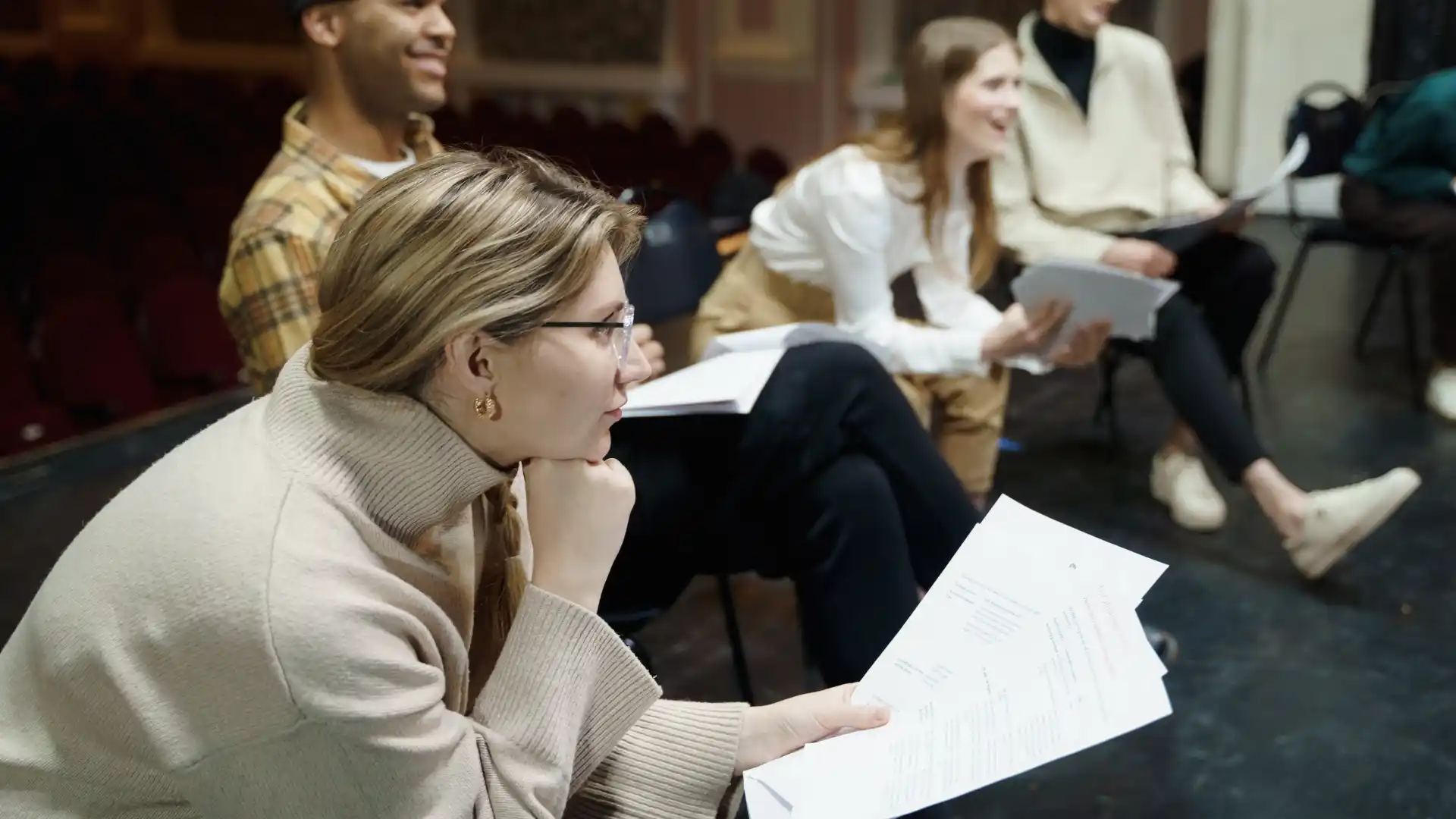Reggae music, with its infectious rhythms and powerful messages, has captivated audiences around the world for decades. Originating in Jamaica in the late 1960s, reggae culture encompasses not just the music, but also a unique way of life, fashion, and social consciousness. In this blog post, we will delve into the rich history and elements of reggae culture, exploring its roots, its impact on society, and how you can immerse yourself in this vibrant world.
Roots of Reggae Culture
To truly understand reggae culture, it is essential to explore its origins. The genre emerged in Jamaica during a time of social and political unrest, with artists like Bob Marley, Peter Tosh, and Jimmy Cliff using music as a means to express their frustrations and call for change. The rhythmic patterns of reggae, influenced by traditional African and Caribbean music, blended with elements of ska and rocksteady, giving birth to a sound that was both infectious and revolutionary.
Music as a Catalyst for Change
Reggae music became a powerful tool for social commentary, addressing issues such as poverty, inequality, and racial discrimination. Songs like Bob Marley’s “Redemption Song” and “Get Up, Stand Up” resonated with audiences worldwide, inspiring them to question the status quo and fight for justice. Reggae culture embraced the concept of “one love,” promoting unity, peace, and equality among all individuals.
Fashion and Style
Reggae culture is not just about the music; it also encompasses a distinct fashion sense. The vibrant colors, bold patterns, and relaxed silhouettes of reggae-inspired clothing reflect the laid-back and free-spirited nature of the culture. Rasta colors, including red, yellow, and green, are often incorporated into clothing and accessories as a symbol of cultural identity and pride.
Beyond the Music
Reggae culture extends beyond the realm of music and fashion. It encompasses a way of life that values community, spirituality, and connection with nature. The Rastafari movement, deeply intertwined with reggae culture, promotes a holistic lifestyle centered around natural living, mindfulness, and the worship of Jah (God). Many reggae artists embrace Rastafarian beliefs and incorporate them into their music and personal lives.
Immerse Yourself in Reggae Culture
If you are passionate about reggae culture and want to immerse yourself in this vibrant world, there are several avenues you can explore. Attending reggae music festivals, such as the annual Reggae Sumfest in Jamaica or the Rototom Sunsplash in Spain, provides an opportunity to experience live performances from renowned reggae artists and connect with like-minded individuals from around the globe.
In addition to music festivals, you can also explore reggae-themed museums and exhibits. The Bob Marley Museum in Kingston, Jamaica, offers a glimpse into the life and legacy of the iconic reggae artist. The Trench Town Culture Yard, also in Kingston, is another must-visit destination for reggae enthusiasts, as it was the birthplace of many reggae legends.
Furthermore, you can delve into reggae culture through educational programs and courses. Yellowbrick, an online platform specializing in creative industries, offers courses like “Reggae and Music Business” and “Reggae and Social Change,” providing valuable insights into the history, impact, and business aspects of reggae music.
In conclusion, reggae culture is a powerful and influential force that extends far beyond music. Its roots in social activism, its vibrant fashion sense, and its emphasis on community and spirituality make it a truly unique and enriching experience. By immersing yourself in reggae culture, you can gain a deeper understanding of its history, impact, and the values it promotes. So, embrace the rhythm, the message, and the spirit of reggae, and let it guide you on a journey of self-discovery and positive change.
Key Takeaways:
- Reggae culture originated in Jamaica in the late 1960s, blending rhythmic patterns influenced by African and Caribbean music with elements of ska and rocksteady.
- Reggae music became a powerful tool for social commentary, addressing issues of poverty, inequality, and racial discrimination.
- Reggae culture embraces the concept of “one love,” promoting unity, peace, and equality among all individuals.
- The fashion of reggae culture is characterized by vibrant colors, bold patterns, and relaxed silhouettes, reflecting its laid-back and free-spirited nature.
- Beyond music and fashion, reggae culture values community, spirituality, and connection with nature, with the Rastafari movement playing a significant role.
- Immerse yourself in reggae culture by attending reggae music festivals, visiting reggae-themed museums, and exploring educational programs and courses.
- Yellowbrick offers online courses like “Reggae and Music Business” and “Reggae and Social Change” to gain valuable insights into the history and impact of reggae music.
If you are passionate about reggae culture and want to further explore its impact on the music industry, consider taking the “NYU x Billboard | Music Industry Essentials” online course and certificate program offered by Yellowbrick. This comprehensive program will provide you with a deeper understanding of the music business, including the influence of genres like reggae. Expand your knowledge, network with industry professionals, and take your passion for reggae culture to the next level with this specialized program.








